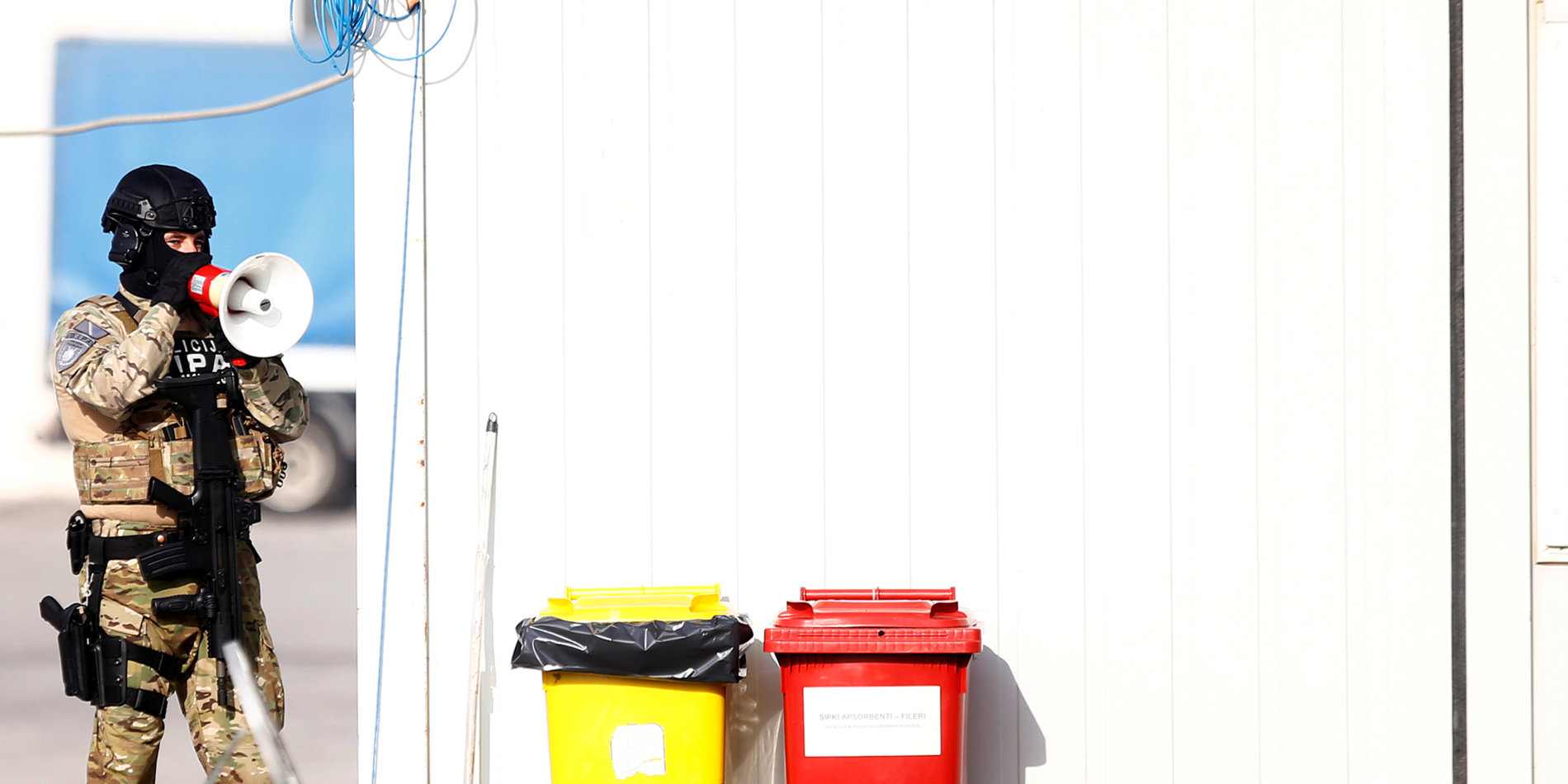Martha Crenshaw: Fighting terrorism in the age of social media
When Stanford’s Martha Crenshaw, senior fellow at the Freeman Spogli Institute for International Studies and an expert on terrorism, is asked if she thinks terrorism is evolving, growing more widespread, violent and shocking by the year, she has one response: It’s complicated.
She says that many of those trends are true, but they are driven both by the intense motivation of the terrorists and by their ability to broadcast images and messages across the world in a flash. This ability to communicate, she says, is both a tool to shock opponents and to recruit adherents. When combined, the result is a more-violent violence.
The obvious question soon follows: How can we fight terrorism? Crenshaw says that it is unlikely that terrorism will ever end, but one path to reducing its influence lies in resolving many of the civil struggles that make it a compelling option for so many organizations throughout the world.
Join host Russ Altman and terrorism expert Martha Crenshaw for a wide-ranging look at terrorism today, on The Future of Everything radio show from Stanford School of Engineering.




